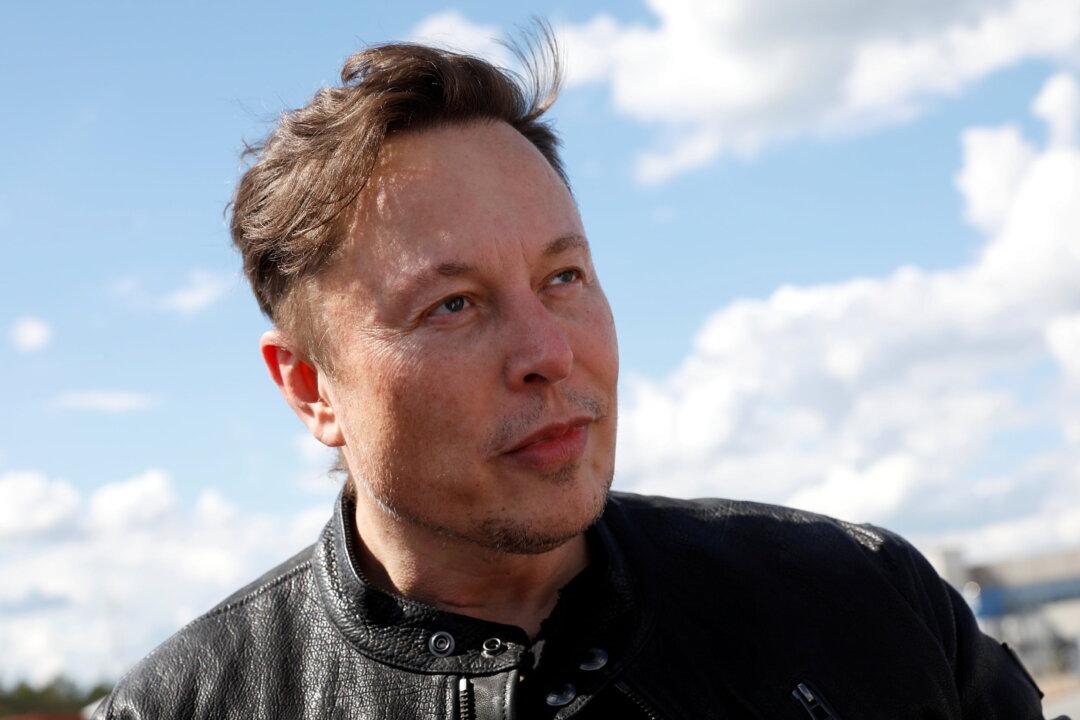Twitter is reportedly considering a so-called “poison pill” tactic to thwart Elon Musk’s effort to buy out the social media platform, prompting a critical response from the Tesla chief.
Cameron Winklevoss, founder of the Gemini cryptocurrency exchange, said in a tweet that “Twitter is considering a poison pill to thwart @elonmusk’s offer,” while two anonymous sources told The New York Times that Twitter’s board is mulling the tactic, which is used to block hostile takeovers.





